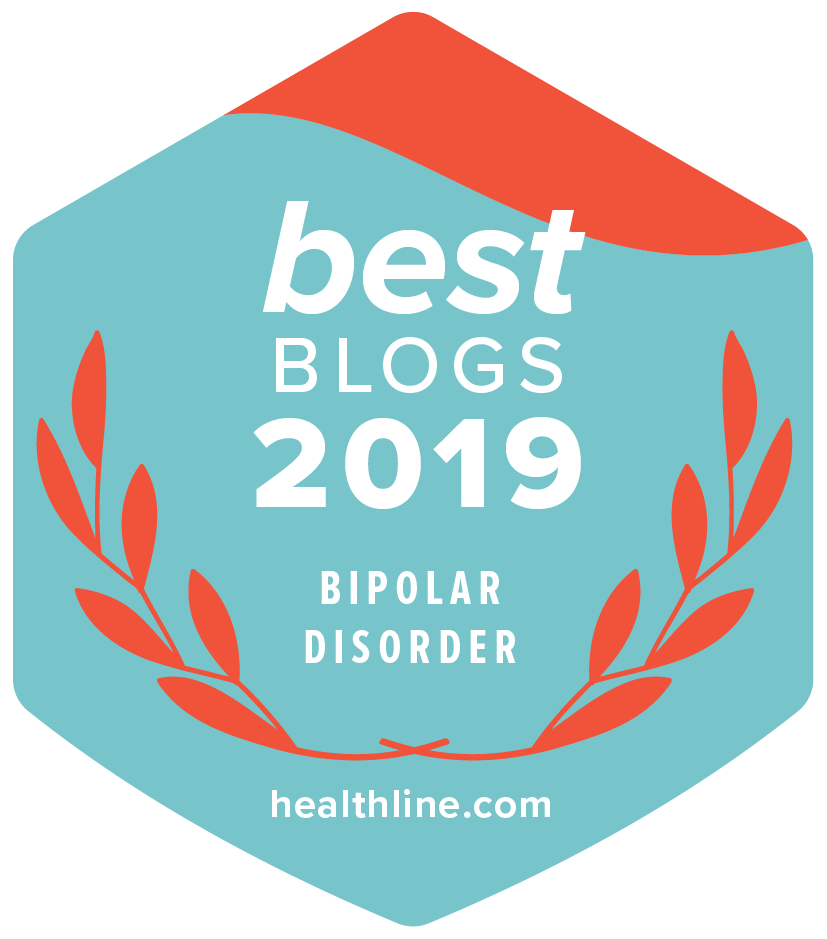 If you had asked me this last year, I would have skirted the question. I had been so depressed for so long I no longer told people the truth. I focused on what I could do despite the depression. I could work part time- do a great job as a coach, have fun with friends, love my family, walk, eat, sometimes sleep and do all that I could to keep myself alive while helping others do the same.
If you had asked me this last year, I would have skirted the question. I had been so depressed for so long I no longer told people the truth. I focused on what I could do despite the depression. I could work part time- do a great job as a coach, have fun with friends, love my family, walk, eat, sometimes sleep and do all that I could to keep myself alive while helping others do the same.
My life has changed 100%.
The truth is that I was only half alive- because half was managing this illness. No matter how succcessful I was- how many books I wrote or how many friends I had- it took so much effort to stay alive.
I found a new medication regime last year that gave me a LIFE. When I combined this with all of my management strategies, I felt whole for the first time in over five years.
Can a person have a life free from depression? Yes- as long as we all understand that free means we can be free the majority of the time. My depression is never gone- I keep it at bay. I still get down- but it isn’t so dangerous.
How did I know I was really doing better? A few days ago I went into my mom’s back yard- sat down and read a book. It had been five years or more since I was able to do this!
You can get better. The person you love can get better. It takes a plan and that plan usually includes meds.
Julie







Dear Julie,
how I LOVE this testimony! Do you know the same thing happened to me! My daughter gave me a book to read, and I took it rather hesitantly, because of my lack of concentration scaring me again. But I tried to read it and I read the first chapter and I shouted for joy that I had actually been able to get the drift! There went the first and and the second chapter, WOW! The book is on hold but I know I can do it! It is just over a year since I was hospitalized for over a month and now I’m this far …much water under the bridge for me…and alterations of meds.,plus hard work …more to come…but I’ll make it..Love your blog
Thank you Donna! We have to keep going- day by day- even reading a chapter of a book is a huge accomplishment when we are dealing with strong mood swings! Julie
Donna Mae- you are reading again! That is wonderful. I didn’t know how much I missed it. When you’re sick, you don’t even miss what you have stopped doing. You don’t have time. Now that we can read again, let’s celebrate and read great books! Julie
Hi Julie,
You said you now have a life after 5 years. I’m wondering if this is because of the Ritalin. why would someone with bipolar disorder be prescribed Ritalin? is this some new unconventional therapy?
My guy has been on lithium since 2006 and without it he is very scary. He also has bipolar II and also takes lamictal and abilify. I remember you posted about being on Abilify before. Why did you stop it? And why did you switch to Ritalin?
My guy has managed to stay abreast of the mania, but still lives in a state of depression most of the time. We just figured this is the best it will ever get. Is there something better? please share why you switched meds and how you came to this new formula.
Thanks,
JL
Julie, I LOVE this photograph. Being able to curl up with books and a cat means that all is right with the world to me, especially now that it’s snowing in Alaska.
Your post has made me think. It’s been a long time since I’ve been depression-free. I had a few periods of time where I felt much better in my life years ago, but it’s been a long time. Thanks for reminding me that it is possible, and I can get there again once I find the right dosage of Lamictal. I’m better, but not stable enough yet.
Cheers,
Susan
This looks promising. I am in the middle of my September’s crash. Ritalin does help me but i am unable to work and thatbis when i am able to take it.. Will keep reading as what you zaid has sparked an interest. I need to help myself.
For individuals facing the everyday challenges of living with bi-polar disorder; treatment options can seem limited and discouraging. Many psychiatrists focus on prescribing medications that can have many side effects and little or no symptom reduction. However, new therapeutic techniques have emerged that significantly reduce symptoms without the physical side effects of many medications. Mindfulness helps the individual detach from negative thoughts, intense impulses, and deal with their emotions in a healthy manner. Cognitive behavioral therapy stresses the importance of understanding bi-polar disorder, recognizing early warning signs of manic or depressive episodes, forming strong social bongs, and working to achieve individual therapeutic goals. Interpersonal and social rhythm therapy focuses on maintaining a daily routine and improving the person